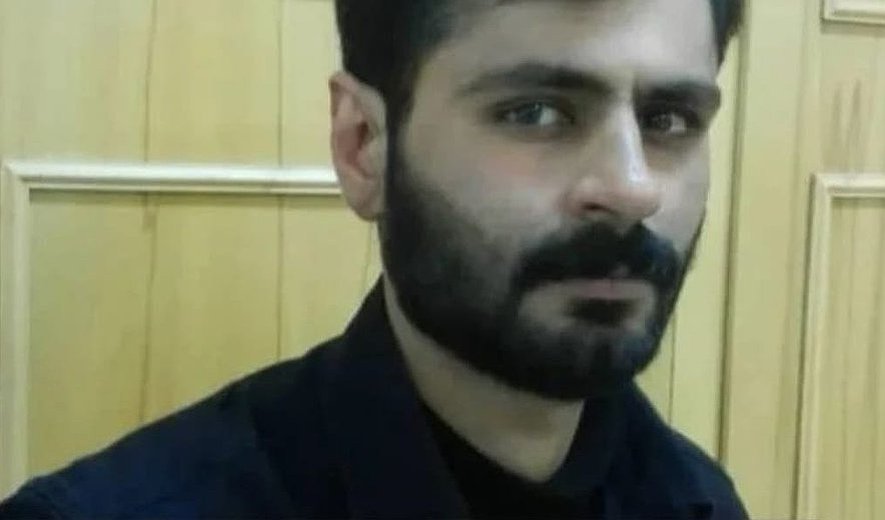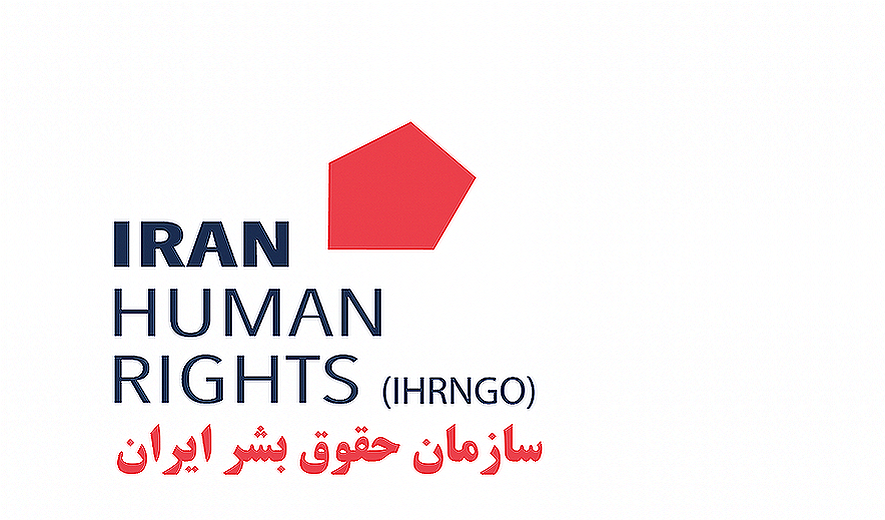IHRNGO Calls for International Action to Stop Eye for an Eye Sentence of Protester Mehdi Mousavian

Iran Human Rights (IHRNGO); January 22, 2024: Mehdi Mousavian, a protester accused of blinding a policeman’s left eye by throwing a stone is at imminent risk of being blinded after his retribution-in-kind sentence was upheld by the Supreme Court.
Condemning the inhuman mutilation punishment, Iran Human Rights calls on the international community to contact Islamic Republic authorities and use their power to demand Mehdi Mousavian’s sentence be immediately halted.
IHRNGO's director Mahmood Amiry-Moghaddam, said: "Blinding as a form of punishment is a medieval practice that the Islamic Republic uses to intimidate society. The United Nations should not tolerate blinding as a form of punishment by any of its member states in 2024. We want the international community and all countries with diplomatic relations with the Islamic Republic to convey this message that implementing such a punishment will have serious consequences for the Islamic Republic."
According to information obtained by Iran Human Rights, Seyed Mehdi Mousavian was arrested on 31 December 2017 for allegations of throwing a stone at a policeman during a protest in Farokhshahr, Chaharmahal and Bakhtiari province. The stone is reported to have blinded the policeman in the left eye.
Despite denying the charges, Mehdi was tried on 27 January 2019 and sentenced to qisas (retribution-in-kind). In cases of qisas, the victim or their next of kin must choose between retribution, diya (blood money) or forgiveness.
The policeman had demanded 14 billion tomans (around $280k) which Mehdi’s family are unable to afford. He has now requested retribution, or an eye for an eye as Mehdi is scheduled to be blinded in the left eye in Shahre Kord in Chaharmahal and Bakhtiari province in the coming days.
According to court documents received by Iran Human Rights, Mehdi’s sentence has been upheld by the Supreme Court.
The Head of Judiciary sets an annual indicative amount for diya based on inflation and other considerations, but the victim’s family in qisas cases can choose their own amount. They can demand a lower or higher amount than the judiciary’s indicative number but crucially, no upper limit is set. This year's indicative amount for the blinding in question is set at 450 million tomans.


